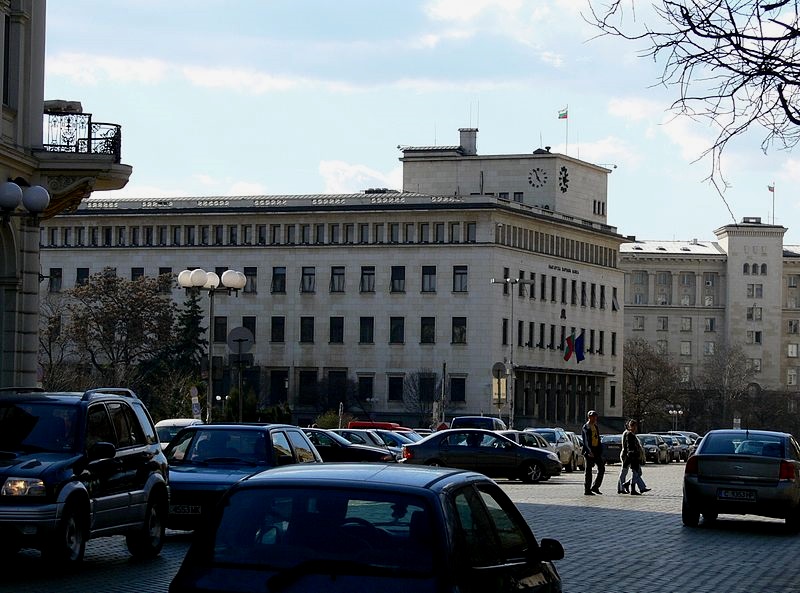
Not Offshore but Inside Governments Is Where Problems Lie
BY
Krassen Stanchev / August 27, 2015
On July 23, The Guardian published the results of a report by the “Tax Justice Network” (TJN). The title – “Wealth doesn’t trickle down – it just floods offshore” – cannot remain unnoticed by the reading public.











